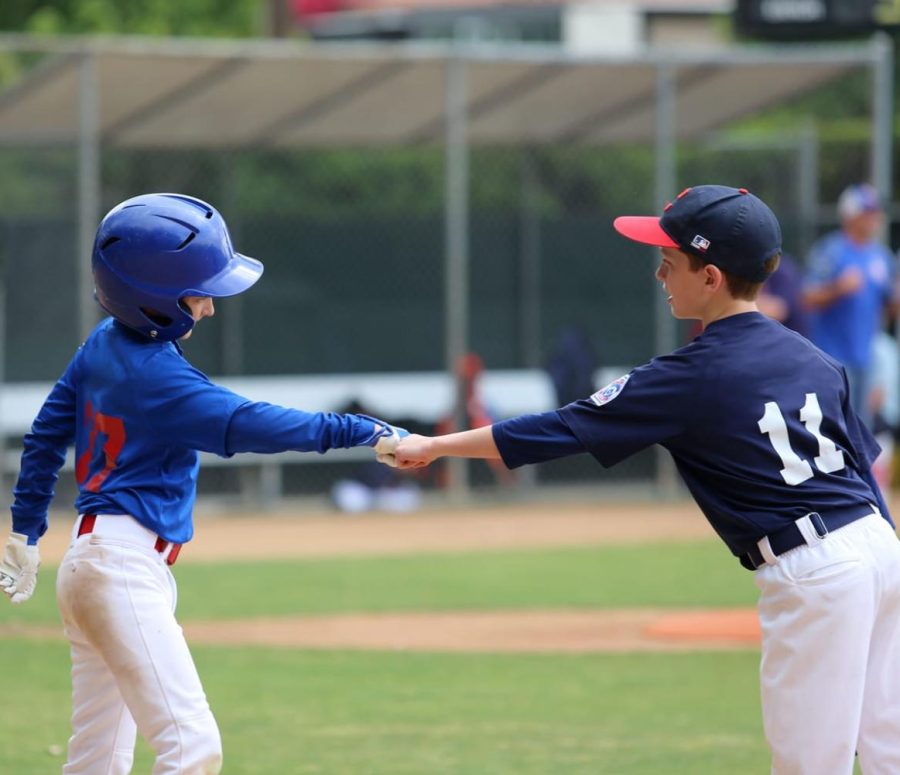How competitive is too competitive?
September 14, 2022
Can you be too competitive? Short answer: yes. There is an all too common idea that being hypercompetitive makes you a good leader and a good player. This is not the case. In fact, it is nothing like that at all.
I used to think that exceptionally competitive people were the best athletes. I thought that if you wanted to reach a goal or beat someone at a game, you needed to be as competitive as possible. You needed to want it more than anything you wanted in life. While this can certainly be motivation, it really only leads to one thing: a mindset making losing unacceptable.
Over-competitiveness can lead to an “all or nothing” sort of attitude. This attitude makes anything but number one unacceptable and winning becomes the only goal. It takes away from the enjoyment of the game and just getting to play. American psychologists and authors Richard M. Ryckman, Max Hammer, Linda M. Kaczor, and Joel A. Gold describe hypercompetitiveness as “the need to compete and win at any cost as a means of maintaining or enhancing one’s own self-worth.”
Many people believe that competitiveness shows ambition and grit in an athlete. This may be somewhat true, but only to a certain extent. “Competitiveness isn’t inherently good or bad,” says social psychologist Jenny Crocker. She says that a desire to beat others in the race “is fine as long as you’re not elbowing someone into a ditch.”
It’s okay to have some competitiveness but not when it comes at the expense of the safety of others or your own mental health. A 1994 study conducted by Richard M. Ryckman explains that “hypercompetitive people tend to be highly narcissistic and to have lower self-esteem and higher rates of anxiety and depression than others.” Athletes such as Simone Biles, Naomi Osaka, and Michael Phelps have all openly talked about the impact a highly stressful and overly competitive environment had on their mental health. They talked about how it pushed them into a low mental state and contributed to the growth of depression and anxiety.
When it comes down to it, it really is just a game. It’s not life or death. If you lose, then you lose. Playing the game should be enjoyable whether you win or lose. When people are hypercompetitive, they tend to be angry while competing. They make the game uncomfortable and unenjoyable for their teammates and spectators. Learning to be a better athlete is not only physical, it’s mental. If your mindset is poor, so is your gameplay.
Excessive competitiveness does not show willpower or backbone; it simply shows bad sportsmanship. There’s an art in losing gracefully and respectfully. If you want to be an admirable and decent athlete, learn to lose.




